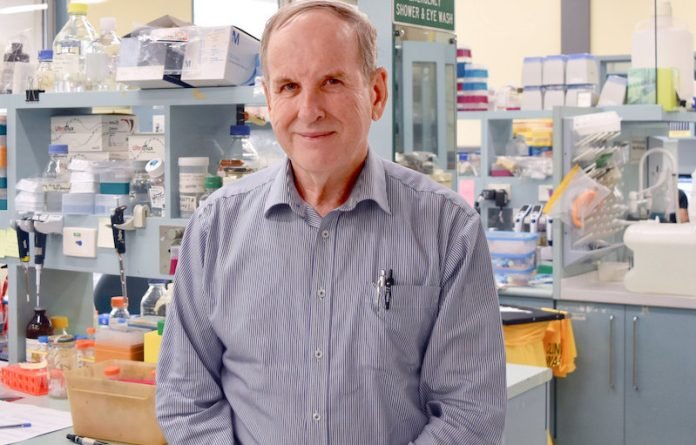
Current vaccines against COVID-19 strongly reduce mortality and severe disease, but protection against infection is less effective.
Vaccinated people are still catching COVID-19 and can spread the infection, so breakthrough infections are still occurring.
In a study from the Centenary Institute and elsewhere, scientists have developed a new nasal vaccination strategy that induces potent lung immunity and protection against the COVID-19 virus.
The new vaccine approach has been tested successfully in mice and may be a powerful tool for enhancing protection against COVID-19 infection and reducing ongoing viral spread.
Made up of the SARS-CoV-2 spike protein and an adjuvant called Pam2Cys (a molecule that helps stimulate a stronger immune response in the body), the new vaccine was delivered via simply breathing in through the nose.
It prompted substantial levels of neutralizing antibodies and increased T-cell responses in the lungs and airways of the mice that were tested.
The team says that while current COVID-19 vaccines are critical, there were some limitations, including the waning of immunity post-vaccination and infection, combined with the impact of new viral variants evolving.
The new vaccine differs from most current COVID-19 vaccines in that it enables the generation of an immune response directly in those areas of the body that are likely to be the first point of contact for the virus—the nose, airway, and lungs.
This may help explain the vaccine’s effectiveness.
The team says that the new vaccine strategy could play a key role in the fight against many diseases.
The vaccination findings have shown exciting potential in pre-clinical studies, improving protection against SARS-CoV-2 infection.
The approach developed here could help break the COVID-19 infection cycle and will likely influence future coronavirus vaccine-related studies.
If you care about COVID, please read studies about the cause of post-COVID syndromes, and how vitamin B may help fight COVID-19.
For more information about COVID, please see recent studies about rare blood clots after COVID-19 vaccination, and scientists find a readily available drug that may treat COVID-19.
The study was conducted by Professor Richard Payne et al and published in Nature Communications.
Copyright © 2022 Knowridge Science Report. All rights reserved.



